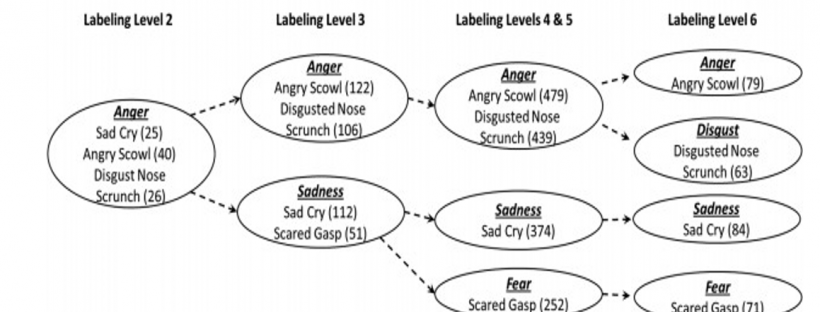I was having a bite to eat with a young mother and her child the other day, and I watched in silence as the women tried signaling her disapproval of her child’s misbehavior with facial signals. She had an impressive repertoire of signals. She grimaced and frowned and sneered and even bared her teeth once or twice. I picked up her signals and modified my own behavior several times, but her little boy wasn’t influenced at all and just went on annoying her and everyone else in the vicinity.
I try not giving advice to parents because they tend to be sensitive about their parenting skills, but I was tempted to share with her a little neuroscience, which is that Researcher Paul Ekman has found that children are lousy interpreters of adults’ facial expressions. He found, for example, that children can’t label an expression as “disgust” with even 50% accuracy until they are nine years old. They don’t get really good at reading people’s expressions until they are much older. If you want your kids to know you’re disgusted, tell them. It works better.

